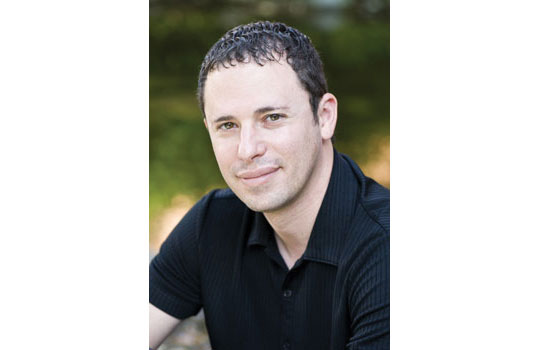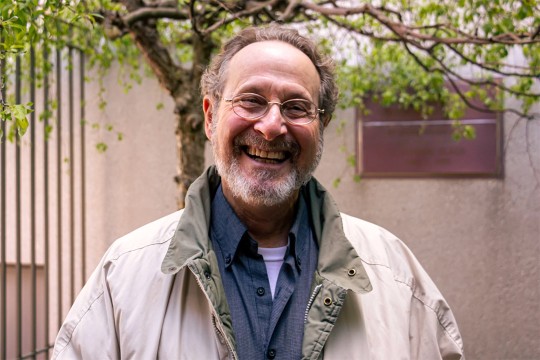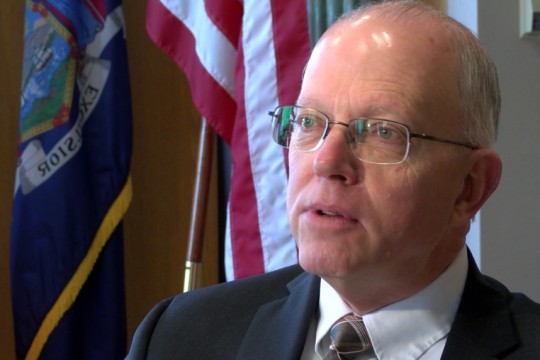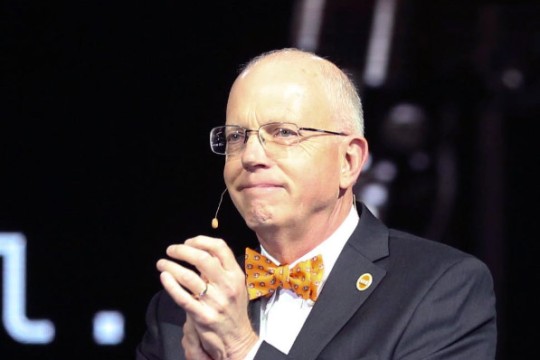Understanding the Moral and Social Impacts of Translational Research
RIT scholar examines ethics in commercialization of science
Elizabeth LaMark
Evan Selinger
Translational research is a branch of scientific inquiry that seeks to better align basic research with the needs of society and more quickly transfer and commercialize discoveries and innovations for “real world” use.
However, Evan Selinger, associate professor of philosophy at Rochester Institute of Technology, argues that a rush to market could overlook ethical considerations related to research, development and production, leading to unintended consequences that may cause more harm than good.
Selinger is currently investigating the development and use of translational research, focusing on how ethical, social and political goals can be incorporated into research protocols to improve the medicine and technology used in society.
“Translational research is an important component in modern science because it orients what happens in the lab to efficient real world results,” Selinger says. “While this focus on commercialization and marketability can be a great tool for ensuring that taxpayer and investor money is well spent, risk does exist that the ethical implications of technological development are insufficiently grasped or dealt with, as has been the case in such controversial areas as genetically engineered foods.”
With assistance from a Humanities/Science-Technology Cluster Grant, an Andrew W. Mellon Foundation-funded consortium, Selinger co-organized an interdisciplinary workshop, which brought together leading scholars in science, engineering and philosophy to discuss current issues in translational research and the development of better standards for research, development and commercialization. His critical essay on the subject, “Six Questions About Translational Due Diligence,” was included in the May edition of Science Translational Medicine published by the American Association for the Advancement of Science.
“The creation of better standards and increased public input will assist in ensuring that due diligence is undertaken and that the products developed through scientific innovation truly help society,” Selinger notes. “It is my hope this effort will enhance the overall use of translational research and better inform the public of its benefits and possible consequences.”















